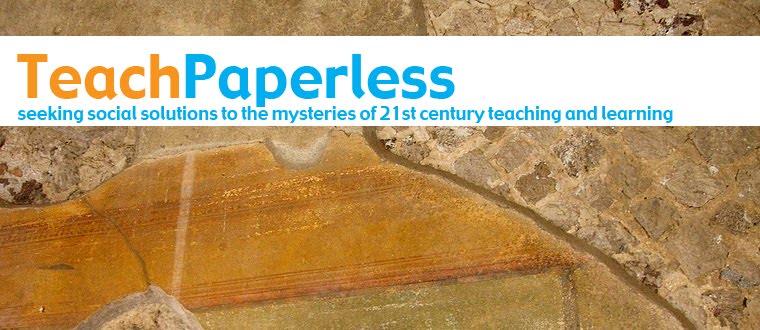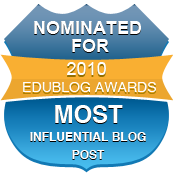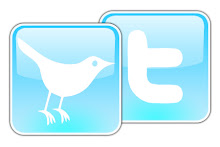(3) Students need to go beyond just learning today's academic context to develop critical thinking and problem solving skills, communication skills, creativity and innovation skills, collaboration skills, contextual learning skills, and information and media literacy skills.
(4) Information and communications technology literacy is the ability to use technology to develop 21st century content knowledge and skills, in the content of learning core subjects, and students must be able to use technology to learn content and skills so that the students know how to learn, think critically, solve problems, use information, communicate, innovate, and collaborate.
(5) Educators need to incorporate life skills into pedagogy, including leadership, ethics, accountability, adaptability, personal productivity, personal responsibility, people skills, self-direction, and social responsibility.
(6) There needs to be 21st century assessments of education that measure the following priorities:
(A) Core subjects, and 21st century themes.
(B) Life and career skills.
(C) Thinking and innovation skills.
(D) Information media and technology skills.
The first issue has to do with 'academic context'. This is one of those phrases extremely useful to politicians but not all that useful to the rest of us. The nature of online learning itself means that 'context' is not only changing -- but is changeable. For example, I use Facebook all the time with friends and family, but were I to use it as a teaching environment, I'd be changing not the physical environment itself (the site architecture, etc), but the 'meaning' of what the site is 'meant' for. One of the most glorious things about Web 2.0 is that it is so malleable. You can change it to be and do whatever you need it to be and do.
That said, the point the proposal is making -- namely that students need critical thinking, collaboration, and media literacy skills -- is accurate. What would start to address the concerns of antagonists would be to address specifically what this has to do with life in the Digital Age.
Second, and again this is where a lot of folks are freaking out, is that none of the 'skills' mentioned were actually created in the 21st century. They are basic life/academic skills. And the line: "Information and communications technology literacy is the ability to use technology to develop 21st century content knowledge and skills" sounds like "students will be able to use skills to learn skills". Come on, this isn't Bureaucracy 101. It's school. Anyone can read information on a blog. Just like anyone can read a newspaper. The real '21st century skill' is not in reading content, but having the media acumen to analyze the source in an effective way and then in then deciding what to do with it with all of the options a public and immediate Web offers for responding to and synthesizing content.
I actually like the bit about incorporating 'life-skills' into 21st century education. But my concern is that most teachers don't actually know all that much about the effective uses of technology. And so what we could wind up with is unaware teachers giving the false impression as to what Web 2.0, social networking, and open source are all about. What we really need is an investment in tech mentors with a classroom background and loads of hands-on experience. We need teachers to feel comfortable with technology. And as someone teaching in a 1:1 school with a long proud tradition of traditional education, I can testify to the fact that this doesn't come easily. I think it is entirely inappropriate to suggest that teachers who don't know a darned thing about life on the Web then be told to go and try to teach students how to be 'responsible' online. And that kind of familiarity with the use of the Internet that would constitute something appropriate as a pre-requisite for someone teaching online-responsibility doesn't come from three periods five days a week using online courseware to give a quiz. It comes from authentic and sustained ongoing use and experimentation of all aspects of the Web.
As for the Four Priorities:
(A) Core subjects, and 21st century themes.
(B) Life and career skills.
(C) Thinking and innovation skills.
(D) Information media and technology skills.
I have no problem with the first one, though it's so vague you'd think we were in a Medieval Romance agreeing to do whatever the lady bid of us. As for 'life and career skills', I am weary to put the two together much less suggest that 'career skills' be the #2 priority of 21st century skills. C'mon: most of the jobs our elementary and middle school kids will be taking haven't even been invented yet.
Rather, I would put my eggs in the third basket. Thinking and Innovating. This is the future. And if we can get teachers to teach content and skills with an eye towards innovation rather than in fear of it, we'll be on the right track. In this way, the use of 21st century skills in the classroom should be something that the teacher is modeling and that the students are building upon. In fact, I'd say that the vital components of all education hinge more on this duo of Thinking and Innovation than on anything else.








"C'mon: most of the jobs our elementary and middle school kids will be taking haven't even been invented yet."
ReplyDeleteI've seen this claim made over and over again by educrats, and I haven't seen the slightest shred of evidence for it.
Can you name a single job that exists today that didn't exist in 1999? I can't think of a single one.
And by "job" in the paragraph above, I don't mean "position." The McDonald's that opened down the street a few years ago brought new positions, but not a single new job (in this context), since jobs as a burger flipper or restaurant manager existed in 1999.